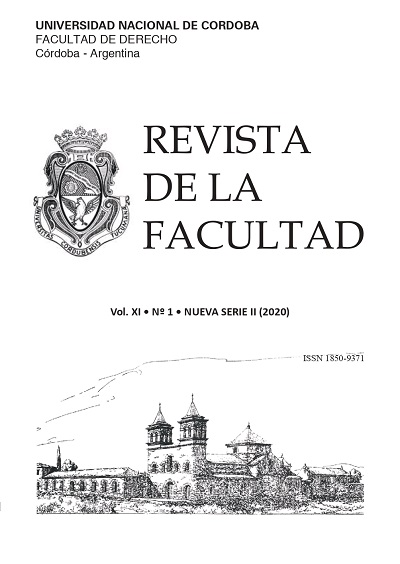STRICT IMPROVEMENT: MEDIUM FOR GREATER TESTAMENTARY FREEDOM
Keywords:
Inheritance law, Improvement faculty, Forced share, Testamentary freedom, Article 2448 CCC, Familiar patrimonyAbstract
The improvement is a typical succession institute of Hispanic law, which combines the freedom to testify with forced succession. In general, it has been known as the “third improvement”, because it is a portion that generally constitutes the third of the inheritance and is intended to increase the hereditary portion of any of the descendants (in addition to the quota of strict legitimate, which is usually a legitimate short) and whose distribution, therefore, is unequal. The advantage is that the greater freedom of disposition offered by the improvement with respect to the systems where legal succession with
long legitimate ones predominates, is that it is limited to the legitimate family. And, in addition, an heir could accumulate in addition to the corresponding legitimate portion, the improvement portion and the freely available portion. It can be used to improve offspring who especially need capital to take care of their illnesses, to reward the services provided to the deceased or to continue family assets. Then, this institution of inheritance law will be analyzed since its validity in Visigoth law, its presence in Indian law, the fate it had in the Civil Code, the restoration projects of the institute in Argentina and its survival in some Hispanic Americans countries.
Downloads
Published
Issue
Section
License

This work is licensed under a Creative Commons Attribution-NonCommercial-NoDerivatives 4.0 International License.
La publicación del artículo implica la donación de los derechos de autor a la Facultad de Derecho, conservando el autor su derecho a utilizar el artículo en publicaciones de su autoría o páginas web referidas a su trayectoria. Para el caso de otro tipo de publicaciones, antes de su utilización, deberá obtener autorización de la facultad.


